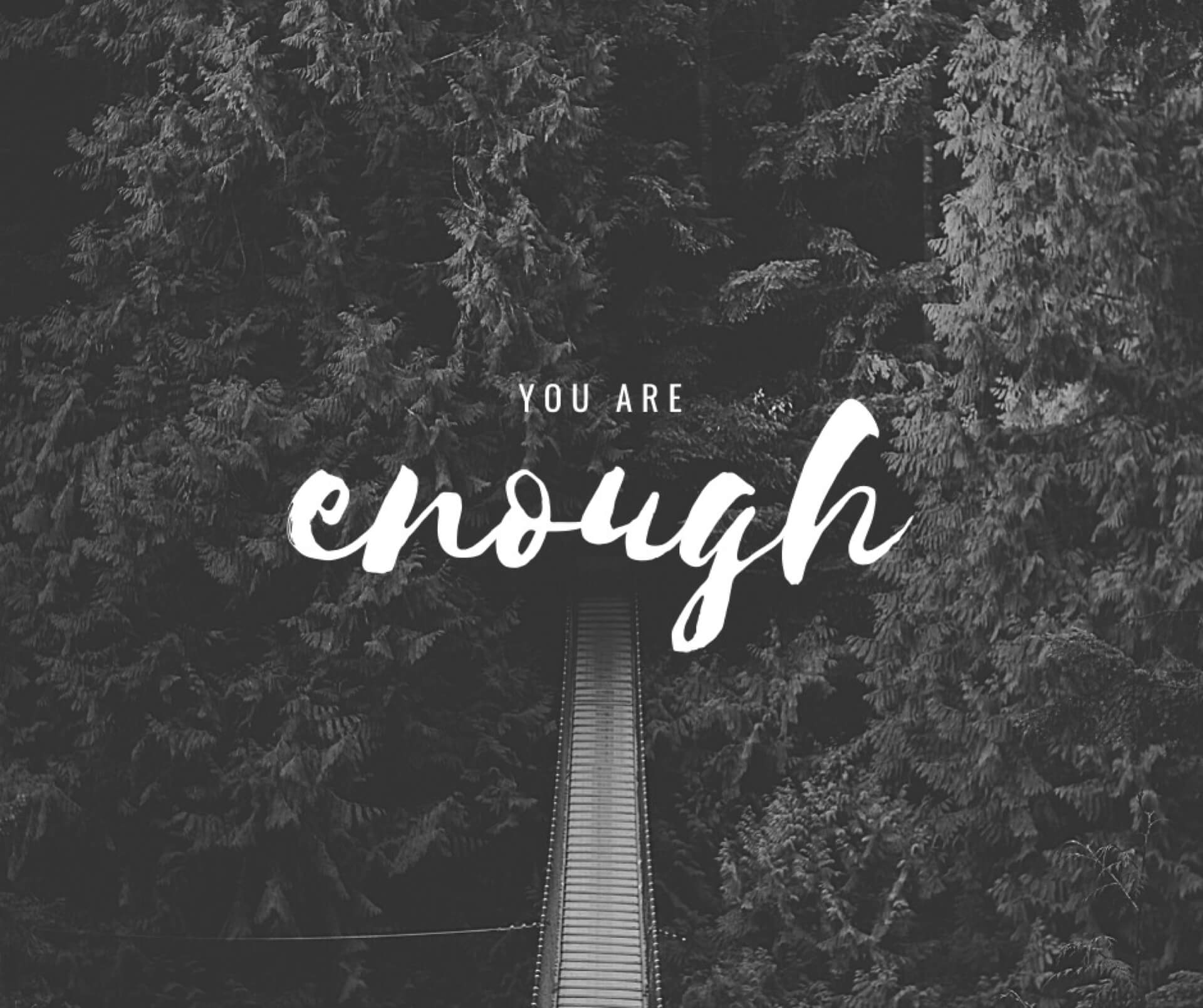Most of us have experienced self-doubt at some point in our lives; it’s an in-built way to keep us safe from danger and in the modern world from failure. However, for some of us, self-doubt is totally immobilising with thanks to our inner self-critic who can bring our greatest hopes and dreams to grinding halt. Fortunately, you are the puppeteer of your inner self-critic and taking back control is achievable if you strongly commit to the cause.
Self-doubt has been defined by experts as; “uncertainty about one’s abilities, potential for success, or competence in performance situations. As self-doubt concerning personal abilities increases, global self-esteem tends to decrease because self-doubt presents the threat to global.
So, what causes us to question our ability or competency and how do we mute that little voice inside our head that says; ‘you can’t do it’.
Causes of self-doubt vary but our upbringing and life experiences have a lot to do with how we perceive ourselves and the world around us. Those who have experienced trauma in their lives may also respond with self-doubt, as a protective mechanism. Anxiety and other mental health concerns can also come into play. Empowering yourself with self-belief may mean saying goodbye to past experiences that have knocked your confidence or jaded your perspective.
We live in a fast-paced, digitally connected world where competition is fierce and it’s all too easy to compare ourselves to others. Social media has enabled this immensely, providing the perfect platform to glorify and embellish our lives and achievements. It’s important to remember that we are all running our own race; comparing yourself to others is exhausting and achieves very little.
The fear of failure is another common cause of immobilising self-doubt; it even has a clinical name, ‘atychiphobia’. It is impossible to overcome fear of failure without embracing the notion that is okay to make mistakes and central to this journey is self-compassion.
Published author on the topic of self-compassion, Dr Stan Steindl puts it quite simply by saying; “Self-compassion is the answer to self-criticism.”
He elaborates by explaining; “it’s the ability, within a state of calm, and with a friendly voice, to reassure ourselves that this is not our fault. We are a product of evolution and the brain is indeed tricky. We quite naturally feel worry and fear, anger, sadness, guilt, shame and self-criticism. We have evolved this way, even though it may be less useful today. So, we can forgive these feelings, accept that they might be there, recognise that they will come and go, and develop this compassionate self that, when we think, you can’t do it responds with- yes you can!”
It’s natural to question whether you are ‘smart enough’, ‘talented enough’ or ‘good enough’ but if your level of self-doubt is paralysing, speaking with a psychologist can help you to decode the reasons for your self-doubt and develop personalised strategies to start truly believing in yourself and all that you are capable of.
To read more about our team of Clinical Psychologists head to the Brisbane Psychologists page.
